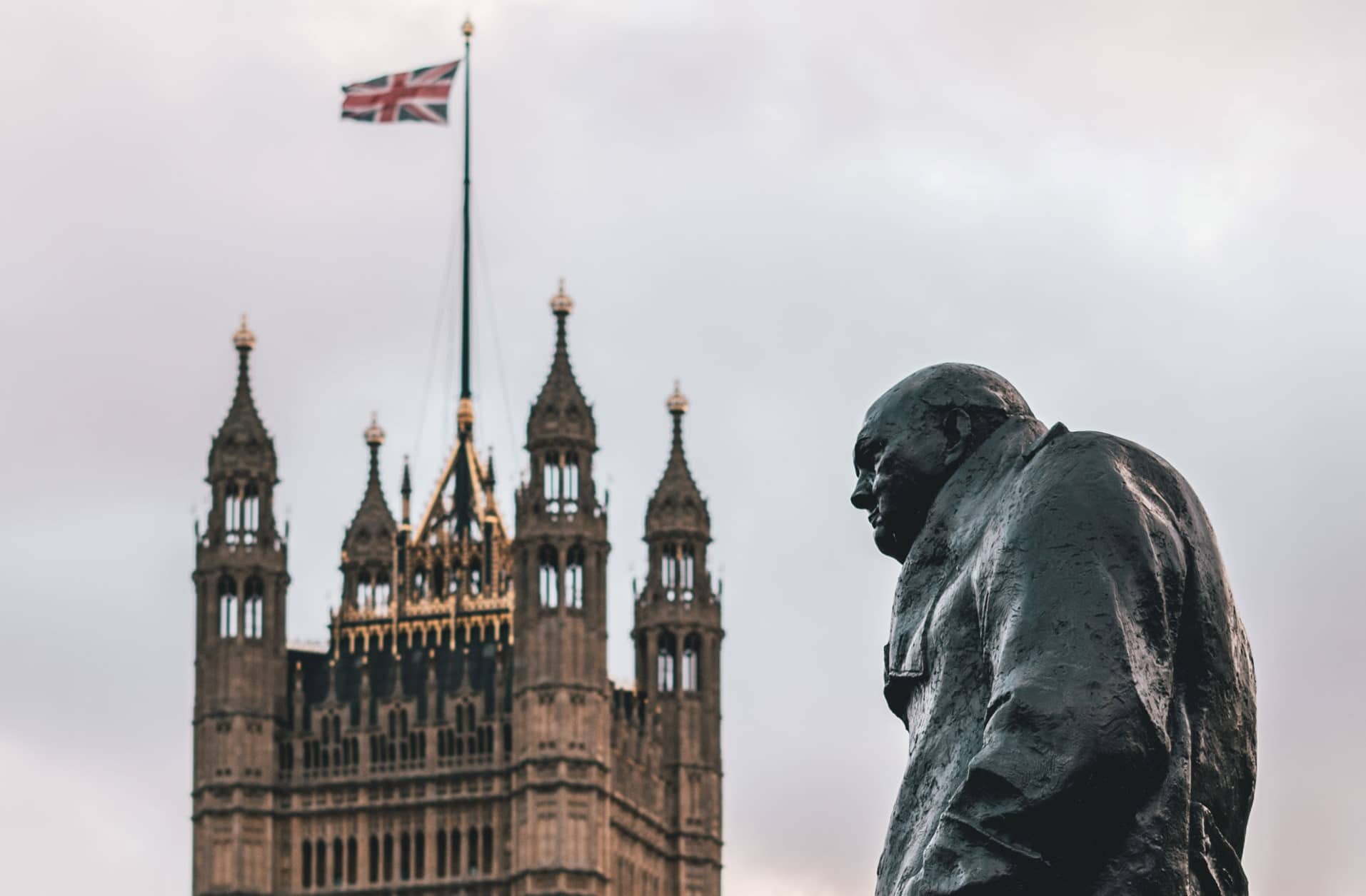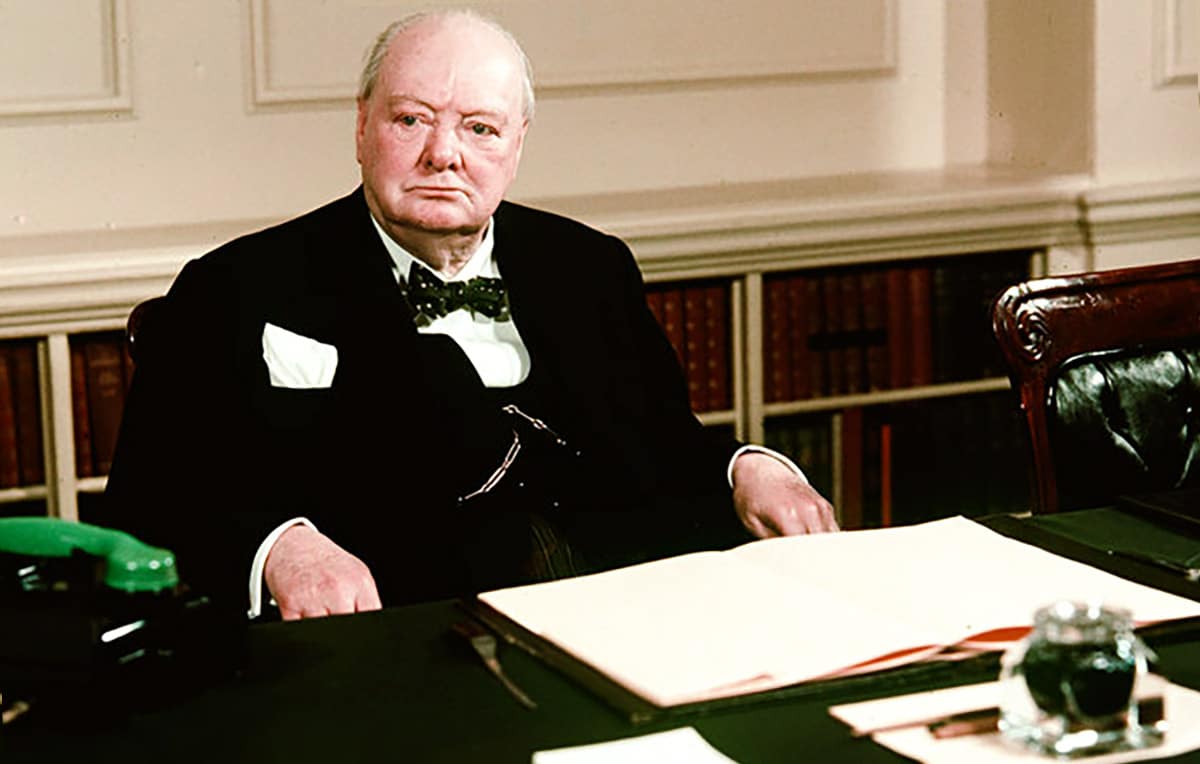Analysing the magic ingredients for courageous leadership inspired by a quote from effective leader Winston Churchill.
Success is not final, failure is not fatal: it is the courage to continue that counts. – Winston Churchill
As business owners and leaders, we can all relate to those high stress, challenging times. They can be tough, even frightening on occasion.
The only thing we can do is to look fear in the face and keep going. It does take courage, especially on those days that we’d like to go back to bed.
Courage is an essential ingredient in being a leader. Whether you run a solo operation or you’re a corporate leader in a large organisation, being brave pays off. There is always an upside to having courage.
Challenging times don’t exclude anyone; we can all expect them. If we want to be an effective leader, we need to face them head-on. Those challenging times are often the corner we turn on the road to success. It’s worth pushing ahead, even when, or especially when, it’s not easy.
We can all think of someone who has been a leader in title only. The kind of leader who headed for the hills when courage was needed. Whether they realised it or not, they were showing their leadership skills or lack thereof.
It’s not only in the face of significant challenges that we require courage to lead. At times we need courage to be an effective leader even on a day to day basis.

Delegation is one area that comes to mind. It’s not always easy to delegate; it requires trust in the other person and an ability to let go. Both require courage to a degree. Some leaders are fearful that others won’t do the job so well, and the consequences are too much of a risk. Or, due to their insecurities, they fear that the other person will do the job too well.
Insecurities are often behind several issues leaders face. If they are there, then they need to be addressed because if they aren’t, they will lead to a plethora of other issues which will impact you, your team, and ultimately your business.
Fearful leaders often hesitate to share their knowledge with others, preventing great alliance partnerships that can lead to mutually beneficial results. Those same leaders are reluctant to invest time and resources into training and developing their staff; they don’t want them to become empowered.
As leaders, we must face those fears and have the courage to take risks, to trust others and most importantly, to believe and trust yourself.
When facing challenging times, pause and reflect on your behaviour. Ask yourself the following:
- I am afraid of making the wrong decision, is there something else going on here?
- Have I considered the risks involved?
- If it doesn’t work, how bad will the consequences be?
- Have I done all I can to reduce the risk of failure?
- How good will it be for my business if I go ahead and it works?
- Will I regret it if I don’t face the fear and take this chance?
- How will others be impacted by my decision to withdraw or go ahead?
Take a mental note of your responses. Are you choosing to have courage and be brave?
Disclaimer: Richtopia is not an intermediary, broker/dealer, advisor and does not provide services as such. The opinions about leadership in this post are those of the author for ethical people. Please conduct independent research when making decisions and do not rely on the views published on this page.





